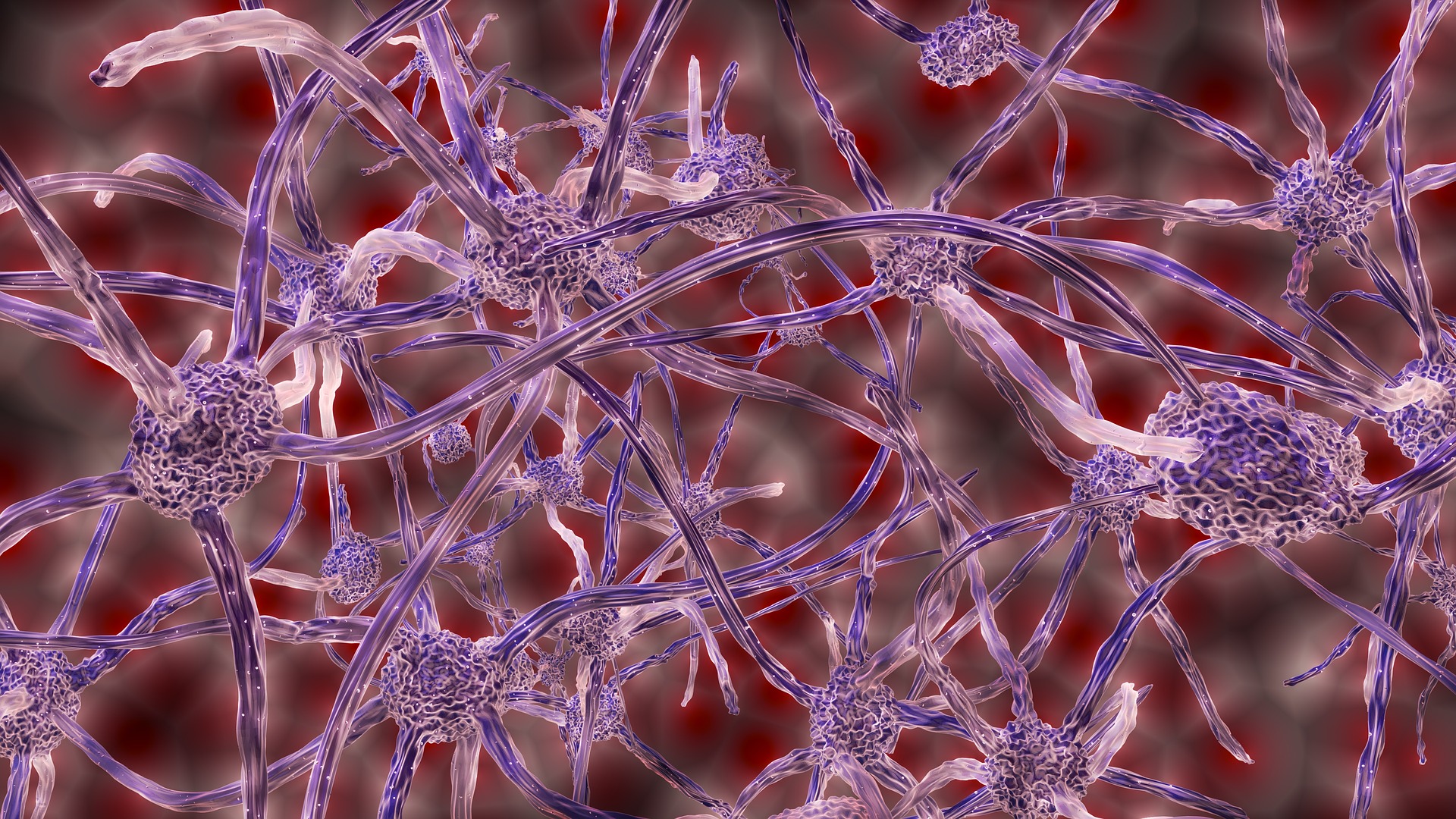Have you ever heard yourself say to yourself or others, ‘That is just not me’, ‘I am not good with numbers’, I do not have creativity’, ‘There is no way I can become an athletic person’? Does this sound like a growth mindset to you?
Ever since the concept of genes was understood (to the extent that it has been understood) there is a belief that we are born with a certain set of traits that govern what we can and cannot do. In fact, the effect of these genes has been so widely publicized and accepted that psychologists state that all personality traits are dependent on genes and that there is no trait whatsoever that is not dependent on genes.
However, the debate between nature (genes) and nurture (environmental factors) has also been one that has pervaded psychological studies, online forums, and coffee room chats too. And yet, after all these years there is no specific answer to the extent to which the genes limit or free us and the extent to which the environment can change what we are born with.
What is a Growth Mindset?
The background of nature versus nature helps understand what a growth mindset is because having a growth mindset means that you do not limit yourself based on certain beliefs. Adaptability and flexibility have always been primary aspects of surviving. However, this has become even more pertinent in the exponentially changing world that we live in.
In this context, there are primarily two different kinds of mindsets that people can have, says American psychologist Carol Dweck. This categorization is based on the behavior and reaction that people have towards failure.
- Fixed Mindset – Those with a fixed mindset believe that certain aspects such as intelligence, abilities, personalities, and traits are fixed and cannot be changed. This belief allows people to justify failures and how things are. It is often a coping mechanism that people revert to when they are too distressed with failure and cannot find it in them to work through the challenge.
- Growth Mindset – In contrast, those with a growth mindset believe that abilities, traits, and even intelligence can be developed through hard work, effort, and dedication. It is a thought that helps them forge through challenges even when the scenario looks tough and even overwhelming.
The difference between a fixed mindset and a growth mindset can be essentially captured in the difference between I am not a math person versus I can become better at math with more practice, more attention, and trial and error.
Benefits of Having a Growth Mindset
Simply put, a growth mindset has many benefits. Here are a few:
- It allows us to remain open, flexible and growing.
- It encourages us towards action even in the face of overwhelming challenges.
- It increases productivity.
- It helps in maintaining motivation and zest.
- It keeps the focus on learning.
- It brings ‘hope’ for what can be done next.
A fixed mindset gives quick and easy solace to those who are not able to cope with failures and even as it provides that excuse for the failure, it plunges the person into depths of despair. There is practically no hope of succeeding for someone who has a fixed mindset.
Additionally, those with a fixed mindset are less worried about learning and becoming better (because they believe it cannot be done) but more fixated on the idea of ‘looking good’. What follows often is a charade that often takes a toll on the body and the mind.
Science backs Growth Mindset
A few years back those with a growth mindset may have been labeled as naively optimistic or unrealistic even. One can think of how these people would be cast aside as dreamers. However, science has backed up this naïve optimism with neuroplasticity.
Neuroplasticity, also called brain plasticity is the capability of the nervous system to change based on external or internal stimuli. Based on the stimulation, brain structure, brain functioning, and nerve connections can be changed. Delve deeper into the subject and one can find different kinds of neuroplasticity like homologous area adaptation, cross-modal reassignment, map extension, and compensatory masquerade.
Confusing as these heavy phrases may sound, working on your own neuroplasticity is amazingly simple. If you buy into the idea that brain structures, functions, and connections (aspects that define what you can and cannot do) can be developed, there are some great tips on how to develop a growth mindset. Paradoxically, developing a growth mindset may need a little bit of growth-mindedness too!
How to Develop a Growth Mindset
As promised, some simple and easy ways to work towards a growth mindset.
Remove the word failure from your mind – No one is a failure till they actually give up and that is the mantra for all those who want a growth mindset. Replace failure with life lessons and you can view each (so-called) failure as the event that taught you something. Practicing this tip requires you to look back and write down the few events that you view as a failure. Now list the things you learned from that event. Make this a practice and do this small exercise for each such event that you feel like calling a failure.
Imperfections are great – Imperfections make life beautiful, says the ancient Japanese art of kintsugi (based on the concept of wabi-sabi). Acknowledge that there is nothing that is perfect and definitions of perfect are manmade and contextual. This understanding can help you live your life as a journey to be enjoyed and not a destination to be reached!
Yet is a powerful word – In the area of growth mindsets, the word yet is very powerful. When you find yourself saying something you cannot do, add this miracle word at the end of the sentence. ‘I can’t do trigonometry’ becomes ‘I cannot do trigonometry, yet’. ‘I can’t run fast’ becomes ‘I can’t run fast, yet’. This changes the whole dynamics of your mindset!
Try these 3 tricks consciously and you will find your mindset changing over time!
Looking for some more ways of opening your mind and growing each day? Get in touch and let us talk about how you want to grow.
Featured image by Tumisu from Pixabay



Thanks, Shiwani. I needed this today.
🙂 Glad it helped!